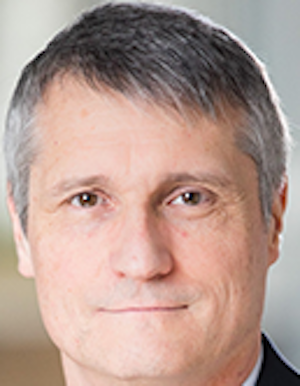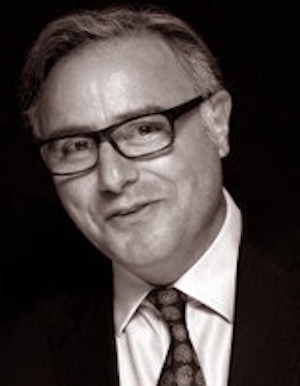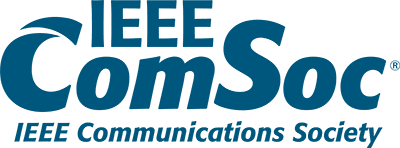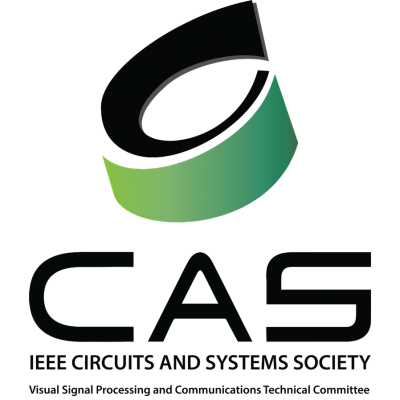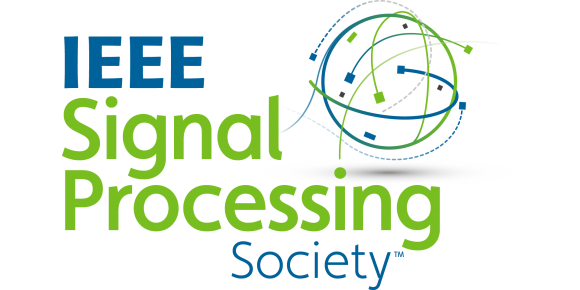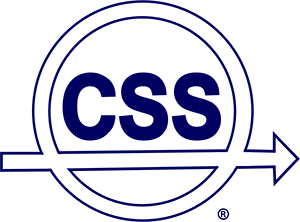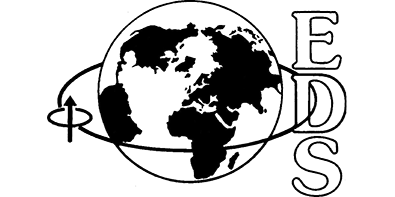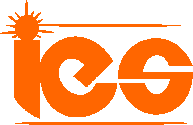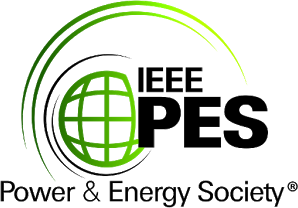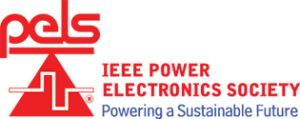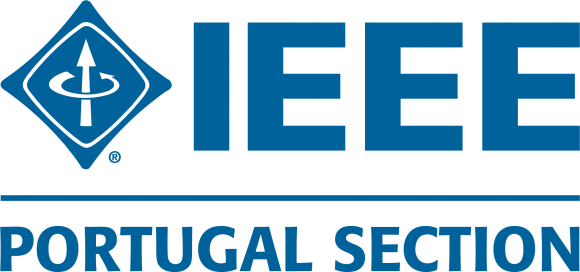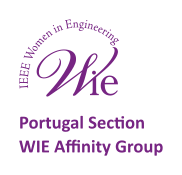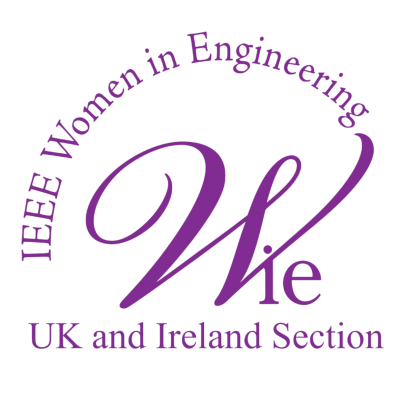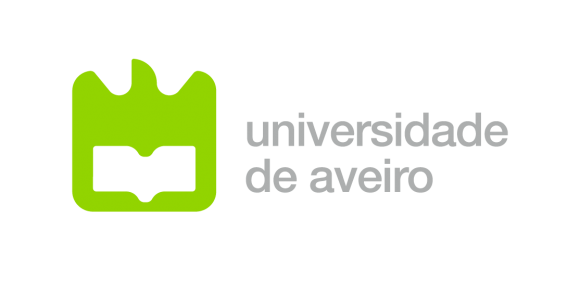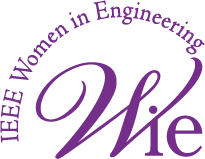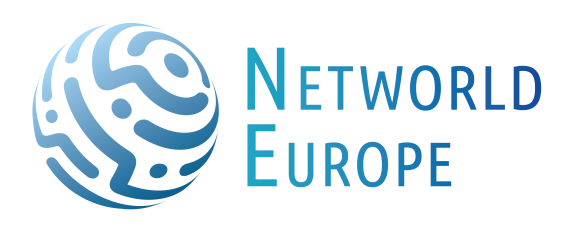Vertical Track: Smart Cities and Mobility
Track ID: Vert-04
Description
Today over 40% of people live within 100km of coastal lines. Humanity is experiencing climate change, greatly due to increased human activity and rapid urbanisation. With an increase in sea-level rises, storm surges, and floods across coastal cities worldwide, large populations and infrastructure are continuously being threatened. This threat is likely to increase significantly in the near future as our climate changes for the worse. Man’s relationship with nature is in the balance, as is evident from the ocean pollution concentrated along our coasts, originating from land, runoffs and rivers. This is the negative impact of our coastal cities. A study published by Science in April 2021 found that over 80% of plastic that floods the oceans arrives through more than 1000 rivers around the world.
Smart Cities are already having an important impact in providing complex solutions as a driving force in helping to build disaster resilience and practical solutions to drastically reducing waste and pollutants, mitigate and reduce a city's carbon footprint, through IoT, data, AI, blockchain, geospatial systems, spatial and edge computing, digital twins, AR, VR, XR, and so on. KPIs, AI and Digital Twins are exponentially increasing our ability to understand, predict and improve the decisional processes for all stakeholders involved in bringing about key changes. What is clear is that a boost must be given to integrating coastal cities into smart city programs, spurring innovation in ocean remediation and restoration, transforming seafronts into clean and healthy public spaces, and generating economic benefits from cleaning up ocean fronts and promoting decarbonization.
For the past few decades now, the drive for digital transformation and smart cities has provided the vehicle for change in the most significant and critical areas of education, healthcare, mobility, power and energy, security, and urban development, bringing greater economic and social wellbeing. Yet we have only just begun to scratch the surface of what can be achieved in providing sustainable and inclusive opportunities through smart cities and communities that are planet positive. Over 3.5 billion people around the world remain unconnected, without access to the Internet – missing out on the incredible benefits of digital. Globally, the majority of cities and towns are still taking their very first steps in digital transformation, looking to reap some advantage from the lessons learnt to date. Privacy, cybersecurity, the ethics of AI, and delivering on decarbonisation goals, are just some of the challenges we face and must come to terms with when society is overwhelmed with the fast-paced changes of innovation.
Among smart city challenges in this year’s IEEE World Forum on IoT 2023 we will be focusing on the key vertical of “Mobility”. With regards to pollution and decarbonisation, Mobility represents a significant part of emissions, and smart and safe mobility are key criteria for social wellbeing. We will be discussing the topics of clean, safe and smart mobility with significant evolutions and growing challenges, such as emission reduction, electrification, energy disruptions and new on-demand service offerings. IoT and edge computing is a game changer, providing solutions and digital infrastructure for sensing the environment, collecting and computing mobility data at the edge with AI, and interacting in real time with all stakeholders. Based on cutting-edge research, past and new deployments, we will address the above challenges and technological enablers that are improving community experiences and making their environment cleaner and safer.
In this year’s Smart Cities track of the IEEE World Forum on IoT, we will be focusing on this highly “people-centric” approach to digital transformation in cities, looking at community engaged strategies, frameworks and projects that make smarter towns, cities and regions.
Our goal during this Smart Cities track, of the IEEE IoT World Forum on IoT, is to provide a platform for communications and collaboration on the state-of-the art in IoT. Not just between industry, government and research, but in reply to its complexity, we are inviting international experts across wider fields to join the conversation: from community to economics and finance; from healthcare to agriculture; and from urban planning to the environment, in order to provide a clear picture as to where we are today and where we are heading with the future of humankind and technology.
Sessions
Session 1: Foundations for Smart Mobility IoT. This session intends to address 2 main topics relating to IoT and Smart Mobility: the technical foundations for IoT to deliver Smart Mobility services and the most promising use cases of Smart Mobility supported by IoT and Edge computing. The Spatial web for 3D - 4D IoT enabled Mobility provides the foundation for all issues of spatial mobility including interoperability, trust, adaptability and execution. But Spatial Web delivers already promising new features of Smart Mobility with automated mobility, especially for drones. Beyond automated mobility the Logistics supply chain is one of the most important domains where IoT and edge computing is expected to solve global climate and mobility efficiency issues. In the vehicle IoT domain, many promising perspectives are emerging as vehicle dashboards and components, thanks to advanced short range communications, will offer enhanced in-car application and services as well as intelligent vehicle control. The SparkLink new short range technology will provide more performing and secure IoT to support this Car-IoT take up. At the macroscopic level, IoT and edge computing considering vehicle digital twins will contribute significantly to connected and infrastructure-assisted driving.
Session 2: Driving a Smart & Sustainable Portugal. In order to foster the recognition of the immense potential of smart cities and the transformative power they hold, this session aims to bring cities, industry, and academia to discuss the most recent developments in smart cities in Portugal and the EU from a practical perspective, involving real use cases and living labs. In the quest to build sustainable and efficient cities for the future, the collaboration between academia, industry, and municipalities has become imperative. By harnessing their collective intelligence, expertise, and resources, we can propel innovation to new standards, shaping the cities of tomorrow in a rather systemic way. As a result of such an appropriate discussion environment, we expect to bridge the gap between research and application, fostering a dynamic ecosystem where groundbreaking ideas are nurtured and demonstrated. Also, we want to explore opportunities to foster cross-sector collaboration to unlock the true potential of smart cities and pave the way for a greener and more sustainable future. In the first part of the session, we bring together municipalities to share their visions, challenges and initiatives to lay down the appropriate infrastructure to underlie co-creation through Living Labs. The industry and academia will show how knowledge creation and transfer can leverage technological development to support all phases throughout the life cycle of designing, monitoring, and managing smart cities, with emphasis on supporting policy design and decision making at the city level.
Session 3: From Waste to Wealth: Circular and Green Economy Strategies for Sustainable Smart Cities in The Blue Planet. By harnessing the potential of The Blue Planet's union of sea and space, this session will explore how these strategies can drive sustainable development in smart cities. The focus will be on key aspects such as resource conservation, waste management, renewable energy, and eco-friendly practices. Participants will gain insights into innovative approaches that pave the way for thriving urban environments while simultaneously contributing to the well-being of both humanity and the marine ecosystem. It will also showcase some success stories, highlighting how circular and green economy strategies have been implemented in various smart cities worldwide. Furthermore, it will present innovative initiatives that demonstrate the potential for turning waste into valuable resources, promoting sustainable consumption and production patterns. In addition, collaborative approaches will be emphasized, showcasing the importance of partnerships between government bodies, businesses, academia, and communities in driving sustainable development.
Session 4: Building Socially Inclusive Communities in Latin America. Increasingly severe and frequent global climate hazards represent a particularly urgent threat to coastal cities in emerging economies such as those across Latin America, given their large populations, low elevation, and proximity to the sea. These cities and communities are extremely vulnerable to sea level rise and other climate events, but with concerted investment, proactive government, and business leadership in smart city projects such cities can lead the way in building innovative solutions to respond to climate change. This session will provide insight into leading digital solutions for Latin America’s coastal areas, dealing with climate change and the sea.
Session 5: Ag-IoT - AI and Ethics in Citiverses. Some nations which are speeding up their AI strategies and developments will permanently increase the gap between nations - making some regions AI developing; others AI developed. The world map is being reshaped by these processes which is why a global collaboration on AI should be implemented and supported. This session will dive deeply into the opportunities and challenges in the Age of AI and Digital Twins for cities and communities, where AI is both hailed as the” Dawning of a New Age of Digital Societies”, but where the challenges are critical and require global cooperation.
Session 6: Ag-IoT - Digital Literacy: The Great Divide. Digital literacy is a regionally defined and culturally amplified topic, which concerns all nations and regions across the globe to a varying degree. While the speed of digitalization in the last couple of decades has improved the living standards and conditions in a variety of geographies across the globe, groups of people are left outside of the current wave of innovations. To mitigate this disparity, global entities, such as IEEE could take a proactive stance to ensure that individuals with little or no digital literacy are up to par with the New Age of AI preventing further gaps in economic and lifestyle advancement. This panel discussion will look at key challenges internationally in connecting the unconnected 3.5 billion people, what has worked, what has failed and where further resources and actions are required, through: Education and Literacy; Economy; and Digitalization.
Chairs
Francois Fischer: FSCOM, France
Francois Fischer – (Male) – holds an Engineer diploma (master) in electrical engineering and information technologies and is expert leader for Standardisation and Industry in the fields of Connected Vehicle, Smart Cockpit Maps and infotainment at Huawei Technologies. After working at Siemens in Germany, as software developer, he founded FSCOM to provide consultancy in different vertical domains relating to Intelligent connected devices. He strongly contributes to the standardisation at ETSI as member through many ETSI Specialist Task Forces. Before joining Huawei he worked at ERTICO leading Connected and Automated Mobility Research and Innovation , where he coordinated EU-funded actions dealing with Cooperative and Connected Automated Mobility, eCall, GNSS and 5G, Cloud computing and IoT, e.g. the AUTOPILOT innovation action about IoT for Autonomous Vehicle and the 5G-MOBIX Innovation Action about 5G for CCAM. He is the chairman of the AIOTI (Alliance for Internet of Thing Innovation) working Group on Smart Mobility and Member of the AIOTI Steering Board. He is delegate in ISO TC22, TC204 and TC211 and member of the Open AR Cloud.
Joel Myers: DOMILA, Ireland
Joel Myers is an IT engineer, entrepreneur and leading international technologist, specialising in the creation and development of innovation technology solutions in Cultural Heritage, Tourism, and Smart Cities, working internationally with state and local governments (Italy, UK, USA and Mexico), universities (including Harvard, UCLA, University of Virginia, Polytecnico di Milano, Universidad de Guadalajara) and industry (including a partnership with Google Inc., Mountainview, CA). His company, HoozAround Corp. (USA) owns and manages a digital platform called IoP (the “Internet of People”) that provides socio-economic recovery for cities, through a micro-currency called HooziesTM. It has been successfully piloted by the Mexican State Government of Jalisco to the 8.2 million people living and working there and its 1000s of small businesses to support the local economy during and post-COVID-19 and restimulate growth. The next municipality to launch the IoP platform is New York City in 2021. One of the end-products of the IoP platform is unique “real-time” urban intelligence that flows in from cities, on the population’s demographics, ongoing business transactions, mobility, health and social community interactions, based on the use of the micro-currency, HooziesTM and AI/ML. Real-time reporting and analytics then offers city leaders and stakeholders an in-depth understanding of the complex and intricate behaviours that makes a city function. Municipalities may closely monitor the effects of their operations and policies, and predict issues in order to avoid them. As Chair of IEEE IoT Initiative for Smart Cities, Joel Myers has been focusing his working group on the redefinition of the digital transformation of urban environments from a truly “People-Centric” focal point. Exploring the goals of the smart city industry movement juxtaposed with the need for humanity to remain connected as physical people. This “People-Centric” approach is leading to a far greater multi-disciplinary approach to collaboration between the technology industry of IEEE IoT and its communication with smart city leaders and stakeholders from: urban planning; infrastructure and engineering; finance and economics; community engagement; cultural heritage and tourism; sociology; law and governance; and so on. This new approach was reflected in the past 2 years of smart city sessions, speakers and panellists at the IEEE World Forum on IoT. Through his leadership of the IEEE IoT Global Cities Alliance (GCA), IEEE has developed a close “ongoing” collaboration and networking, between the Tech Industry and Smart Cities, on a worldwide and regional scale, in order to work together in understanding urban needs and priorities, and sharing and developing projects, results, best practices, and standards to support interoperability. One of the GCA’s core initiatives is the Observatory of Urban Intelligence. A cloud-platform of observable urban data, gathered through crowd-sourcing IEEE’s global network of universities and student branches, building unique models and correlations in understanding cities and the effectiveness of smart city solutions. This project is being developed jointly with the ITU-T under the United Nations’ “United 4 Sustainable Cities” initiative, and the United Cities & Local Governments organization. The second core initiative of the IEEE IoT GCA is promoting existing best practices and standards globally to city leaders, and developing new standards based on priority issues communicated by participating cities themselves. This initiative is run under the IEEE SA Industry Connection programme “Smart Cities Standards and Best Practices”, where IEEE and other standards organisations, like ITU-T, and smart cities work on a common agenda. The work carried out by Joel Myers has been published in international newspapers and journals such as the BBC, New York Times, Hong Times, the Hindu Times, Wired, and Forbes Magazine.
Victor Larios: Institute of Innovation and Development of Smart Cities, Mexico



